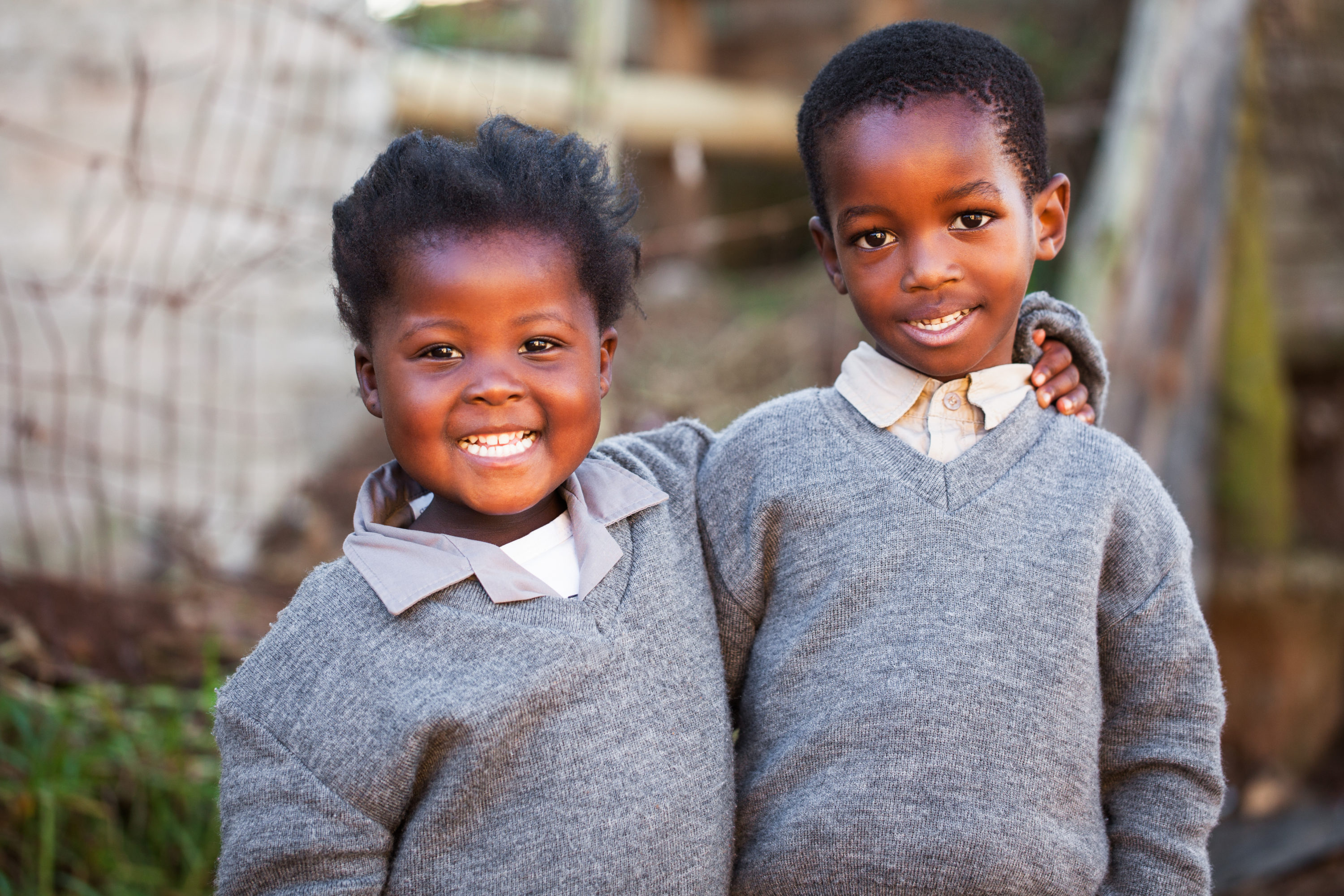
Environmental Factors that Affect Children in Orphanages
It is important to think about the environment in which children lived prior to being adopted. These children would have known only one or several institutions. In those institutions, these children may have been unable to have met their need for food, attention, touch, and comfort when in pain. Over time, these children may have learned not to look for those needs and instead, may have come to distrust the adults in their world. Like for instance, their emotions are never considered in decision making, therefore in showing how they feel, they would demonstrate a blank or questioning expression.
In the general population, 15% to 20% of children will display some type of developmental and/or behavioral issue. Certain situations increase a child’s risk for developmental and behavioral problems. Most of these children would experience mild difficulties with regards to attention, language or reading; while malnutrition, neglect, and abuse, incur long-lasting effects. For these reasons, children are mostly raised in privation. Aside from those, genetics and a mother’s condition, pre- and post-partum, also contribute to a child’s development and behavior.
Not every orphanage will have the capacity or vision to make big changes, but every orphanage should at least practice prevention. To do that, an orphanage can seek partnerships with family-based care organizations that provide kinship care, foster care, and domestic adoption services.
When adults tune their ears to listen to the voices of children, important lessons can be learned. Children frequently know what is in their best interest and when given the opportunity, they can eloquently share their insights. An important tool for increasing public awareness is to identify leaders or individuals who can advocate on behalf of the orphans and vulnerable children.
Changes in the lives of children have taken several forms and different dimensions including: access to education, better nutrition and health care; psycho social support; training in life skills to help make transition to independent life easier; protection from abuse and exploitation; and promotion of child’s rights, and children’s participation in decisions which affect their lives. Organizations like Rizing Starz International has a program called “Monthly Food Distribution/ Supplementary Project”, wherein you can choose one vulnerable and abandoned child’s home situated in Buduburam, so that crucial needs of that child are met. This project aims to provide food and clean water to children’s homes, and improve their overall well-being.
The orphanages of today could become the family support centers of tomorrow. Are you ready to take the next steps and support the Rizing Starz International?
Click here to donate!
Experience Volunteering Now! »
